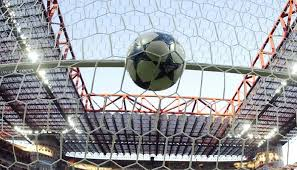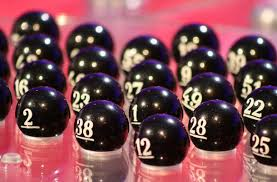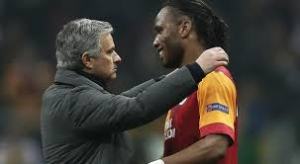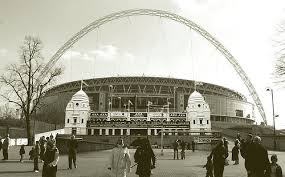How does this system prove that the away team has worked harder to get a result over two-legs? Yes the away team has to put up with the torment of the home fans which makes it harder to win but how is the rule remotely fair? A scrappy goal could have gone in but it doesn’t mean it was well deserved. One team could be dominated over the two games but the other could nick a cheeky own goal or a penalty that wasn’t which sought of defeats the object of establishing which team was better away from home and over two legs.
Away goals can kill off a tie in the second leg in an instant as soon as the ball hits the back of the net. Teams in winning positions buckle up and park the bus whilst the attacking team runs out of time to infiltrate the score-line.
A draw is a draw over two legs, whether one team loses 1-0 away and then wins the return home leg 2-1; it is plain and simply a draw. Why should these two score-lines denote that the team who has scored the away goal has performed better over two games? They may have been truly battered in the second game, losing on possession and shots on goal. How does being spanked in a game give you the right to progress through to the next round of a tournament? Taking your chances is crucial and I get that but still I am not keen.
How can one goal count as two if the scores are level? You can now see why it confuses some people. The amount of times I have had to explain this rule to my partner or youngsters is quite unbelievable because the mathematics of the concept do not add up. If I can recall that if two teams drew they went to extra time whether it was 1-1 or 5-5?
I understand how the home and away leg works; it is only fair that both teams get to play on their home turf to experience the backing of their own fans. What I cannot grasp is how it is fair to eliminate one team when they have scored the same amount of goals as their opposition. If you are going to play two legs then it should following the format of the League Cup semi-finals in the English game. Whichever team scores the most after two legs goes through, if they are still level after 180 minutes then extra-time can come into play. Even then the home team in the second leg still has the advantage in extra-time with the home fans behind them, which can also be criticised but could be countered due to the ‘luck’ of the draw.
European football has ultimately tried to prevent the notion of extra time, which is in itself also a farce. What happened to the Golden Goal rule? That was far more exciting and gave teams the urge to score the winning goal. Now teams slowly trot around the field during extra time to play the chance lottery of penalties. I have never quite understood as to why a team would ‘choose’ to lay it all the line in a shoot-out? I can appreciate the reasons behind wanting to steer away from extra time but if this is the case then why does this part of the game still exist? If two teams cancel each other out after the golden goal period has exceeded then fair enough, play penalties but even this is a cruel way of losing. Any suggestions on a new solution?
Whatever happened to settling with one game to decide who went through and who was sent home? Rather than having two games the format should follow the style of most domestic league trophies. One game between the two and whichever team is drawn at home is determined by whose name is drawn out of the hat first. Yes it would shorten the competition but scrapping over a two-legged affair would save a lot of unfairness and plenty of explanation.




